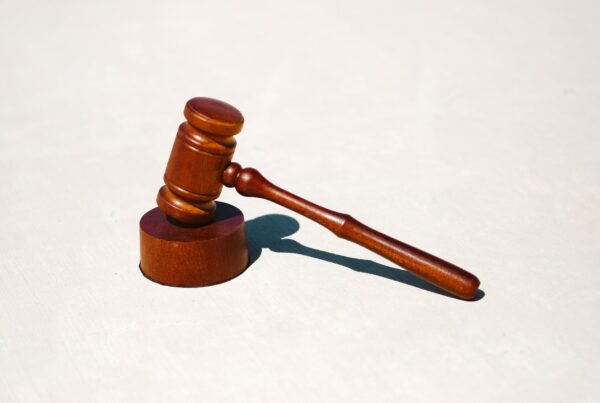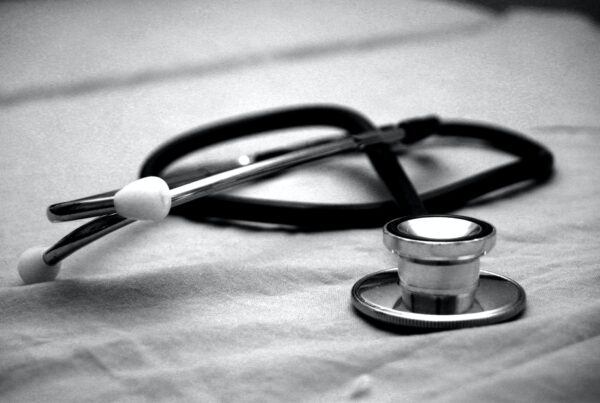Understanding the underage drinking laws in Arkansas may help minors protect themselves from unnecessary arrests and violations.
Often branching out on their own for their first time in their lives, it is common for college students in Arkansas and elsewhere to experiment with alcohol. If they are under the legal drinking age of 21-years-old, however, this could have serious implications on their futures. Therefore, it is important for minor-aged students to understand the state’s underage drinking laws.
Purchase or possession by a minor
Under state law, it is illegal for anyone under the age of 21 to buy alcoholic beverages, including beer, wine and spirits. Further, no one under the legal drinking age is permitted to have intoxicating liquors in their possession. Purchasing or having alcohol while underage may result in a purchase or possession by a minor charge. The exception to this rule is 18-year-olds who are employed by grocery stores or beer, wine or liquor wholesalers with parental permission and 19-year-olds and 20-year-olds working at licensed restaurants, hotels or private clubs.
A violation of this law carries penalties, including a fine of between $100 and $500. Additionally, those between the ages of 18 and 20-years-old may be subject to a 60-day suspension of their driver’s licenses for a first-time offense, and they may be placed on under probationary conditions aimed at preventing them from committing additional violations. In some cases, the court may also see fit to order minors to write essays on alcoholic beverages.
Driving under the influence while underage
Drivers under the age of 21 may be charged with driving under the influence while underage if they are operating or are in physical control of a vehicle and have a BAC level of between 0.02 and 0.08. They may also be charged if law enforcement has reasonable suspicion that they are under the influence of alcohol or another such intoxicant. Underage DUI is considered a strict liability offense in Arkansas. This means that minor-aged drivers can be charged with this offense, even if they do not believe they were intoxicated or that they were under the limit.
An unclassified misdemeanor, minors convicted of underage DUI face a range of penalties. This includes a fine of between $100 and $500 for a first-time offense, mandatory public service, compulsory participation in an alcohol and driving education program or an alcoholism treatment program, and a 90-day driver’s license suspension for a first-time offense.
Obtaining legal representation
An arrest for alcohol-related offenses can be serious for minors in Arkansas. Not only may it impact their personal lives, but it may also affect their education and employment opportunities. Therefore, it may be beneficial for students who have been charged with minor in possession of alcohol or underage DUI to obtain legal counsel. An attorney may advise them of what steps to take, as well as help them build a defense against the charges they are facing.
A rare medical condition called auto brewery syndrome can result in a person’s body essentially brewing their own alcohol, contributing to drunken-like behaviors even when the person has not consumed alcohol.
People who live in Arkansas know that the state’s laws on drunk driving can be tough. A charge of driving while intoxicated or driving under the influence may result in a person losing their right to drive for a while, spending time in jail, paying high fines and more. But what happens when a person is arrested for and charged with an impaired driving offense even if they have not consumed alcohol? As amazing as it may sound, this is actually possible.
Understanding auto brewery syndrome
Among the many medical conditions that most people may never hear about is something called auto brewery syndrome or gut fermentation syndrome. As explained by Healthline, in this condition, a person develops sufficient yeast in their gastrointestinal tract that the body ends up fermenting and converting into alcohol. This may happen even if no alcohol was consumed.
Early symptoms of ABS may include mood or memory issues, dehydration, dry mouth and disorientation. People may eventually act as though they are completely drunk. When a person with this condition operates a vehicle, they may be at risk of being charged with a drunk driving offense. A test may record a blood alcohol content well over the legal limit regardless of whether or not they have had any alcoholic beverages.
Certain factors like a reduced immune system, poor dietary habits or the use of antibiotics may contribute to the development of auto brewery syndrome.
One man’s story
The Washington Post reported on the case of one man who was accused of drunk driving when his BAC was found to be 0.20% despite his strong denial of consuming alcohol. After pursuing matters for an extended period of time, his ABS was diagnosed. The root cause of the condition for him was a course of antibiotics that wiped out his body’s normal healthy flora in the GI tract. After that time, whenever he would eat foods rich in simple or complex sugars or drink sweet beverages, his body would convert the sugar into alcohol.
Over time, a strict low-sugar and low-carbohydrate diet coupled with the use of antifungal medications provided the assistance he required. Results of a study published in a medical journal indicate that many cases of auto brewery syndrome likely go undiagnosed.
One woman’s story
Another form of auto brewery syndrome has also been diagnosed. USA Today explains that a woman was found to have high levels of alcohol in her urine. She had been believed to be a heavy drinker as she suffered from a serious liver condition which put her on the list for a liver transplant. In the end, it was discovered she had urinary auto brewery syndrome, or bladder fermentation syndrome, as her body brewed alcohol in the bladder versus the GI tract.
Drivers deserve fair treatment
Anyone in Arkansas who has been accused of a drunk driving offense should know that they have the right to defend themselves against any charges. People in this situation are encouraged to speak with an experienced criminal defense attorney to understand how they may protect themselves.






2 Comments